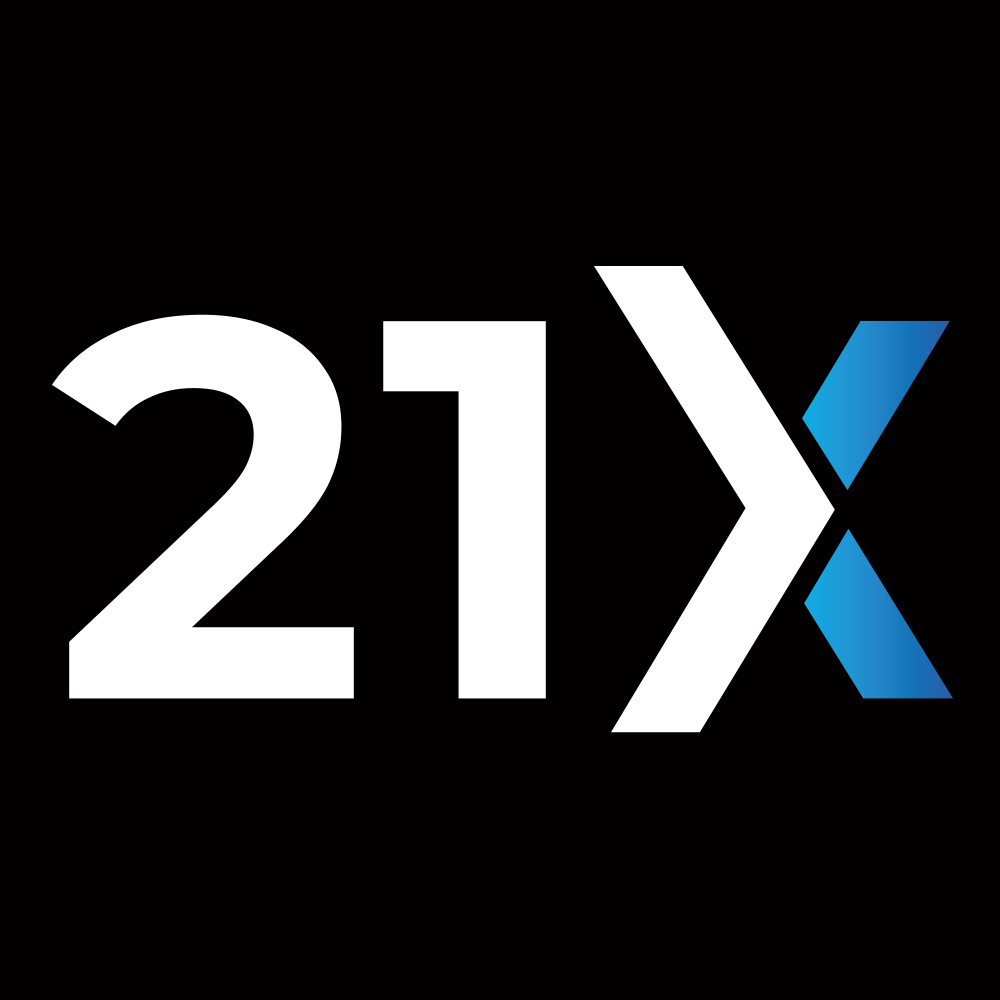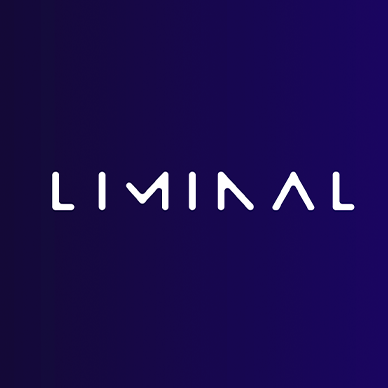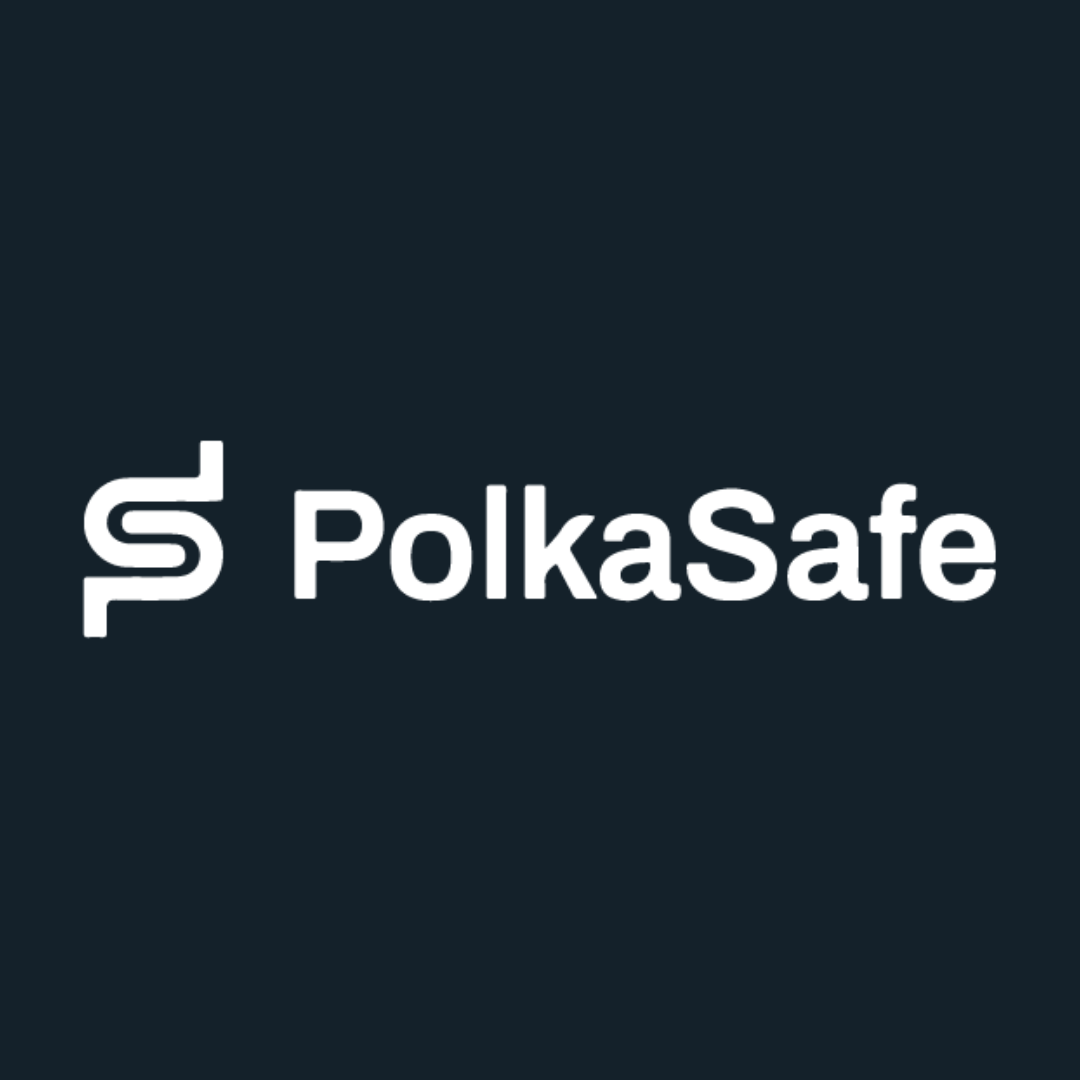Blazingly fast.
Exceptionally private.
Deploy Web3 apps that are as fast as legacy solutions. Aleph Zero is a layer 1 that enables teams to deploy scalable, secure, low-cost, and ZK privacy-enhanced products across multiple verticals—from DeFi and gaming to enterprise.
0.9 sec
Time to finality
0.0003 AZERO
Avg cost per
transaction
217214
Accounts
166
Mainnet validators
Our collaboration with Aleph Zero is very exciting. With new technical standards and a high level of decentralization, we are working together on the secure Internet of Values.
Dirk Röder
Head of the Web3 Infrastructure & Solutions Team
While aiming for genuine decentralization, Aleph Zero upholds rigorous data privacy and transaction-security standards. Highly versatile, its key strength is that it enables to exchange value online faster, more cheaply and more securely than alternatives.
Technology Fast50 CE Report
Aleph Zero is at the top of our priority list. It brings an exciting use case for us: private fundraises that could be attractive to enterprises that don’t want to disclose the investment but would benefit from our smart contract-based protection.
Alex Strzesniewski
CEO
The progress that Aleph Zero has made is incredible; with proven limitations in EVM, WASM smart contracts written in ink! are the future. As an early and constant supporter of the Aleph Zero ecosystem, we have no doubt about their achievements and are committed to working alongside them to support innovative and disruptive technologies as quickly as possible.
Hieu Dao
Co-founder

Aleph Zero is one of the most secure and scalable networks in the industry. We believe many NFT-related projects with real use cases can run effectively on the network. Aleph Zero can be a potential game changer, especially once the privacy layer is fully implemented.
Brian Nguyen
Co-founder

Information submitted by players will remain confidential through the use of Aleph Zero’s Zero-Knowledge proof solutions to ensure that whatever happens in DRKVRS, stays in DRKVRS.
Marcin Kobylecki
Co-founder

We can decentralize the Interlock logic without revealing how the heuristics work, or what they are computing—which is part of our advantage against malicious actors.
Nick
Principal Engineer

Applications under development
With the mainnet launch, Aleph Zero has seen a notable initial adoption within the developer community. Our flexible environment will be familiar for builders who are already accustomed with Rust and the Substrate stack.
Driving Web3 adoption
Aleph Zero bridges the gap between scalability, security, developer friendliness, and cost of use.
Moreover, the network will boast a native privacy stack to further enable you to build solutions that strike the balance between transparency and privacy.
Game assets
DNS
Smart contracts
Notary signatory
Transparent public document access
Databases
Supply chain management
Asset digitization
Automatic payments and shared revenue agreement
Wallet & DEX
Automatic tax payment
IoT
Community of over 100,000 people
Join us and get involved in a number of ongoing educational activities run not only by the core team but also by the community directly.


















